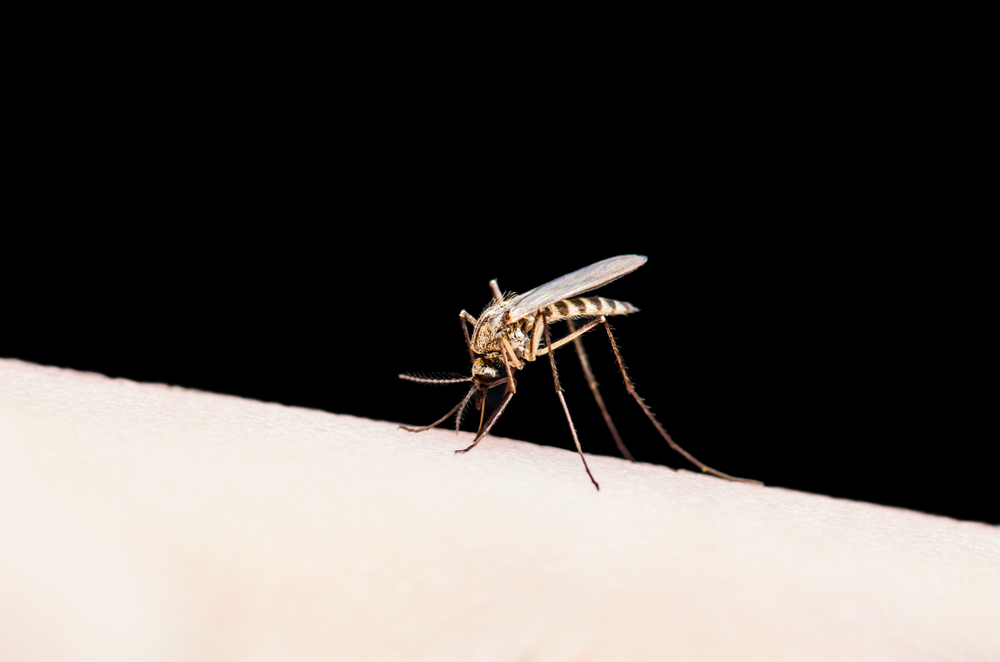
Scientists at UC Riverside are celebrating a discovery about 30 years in the making: a neurotoxin component of a bacteria with the potential to kill malaria-bearing Anopheles mosquitoes, without risk to humans.
The scientists said the neurotoxin poses no risk to any living thing beyond these mosquitoes. Finding it was the hard part, however — its host bacteria was discovered around 30 years ago, but scientists could not figure out how it actually attacked mosquitoes. That changed through the efforts of a team led Sarjeet Gill, a professor of molecular, cell and systems biology at UC Riverside.
“Identifying the mechanisms by which the bacteria targets Anopheles has not been easy,” Gill said. “We were excited not only to find the neurotoxin, called PMP1 but also several proteins that likely protect PMP1 as it’s being absorbed in the mosquito’s gut.”
Anopheles mosquitoes develop resistance to chemical insecticides used to control them, and the insecticides themselves pose potential dangers to the world beyond them. This neurotoxin potentially offers a control mechanism without negative side effects or the potential for resistance.
The discovery was made through modern gene sequencing techniques. Its discoverers have already applied for a patent and researchers hope to find partners to develop a bacteria-based Anopheles insecticide from it. Gill also hopes the discovery of the neurotoxin points to the presence of other toxins in nature which have developed alongside disease-spreading pests, offering potential alternatives for control throughout the world.
The work, which was funded by the U.S. National Institutes of Health, has been detailed in a paper published in Nature Communications.




